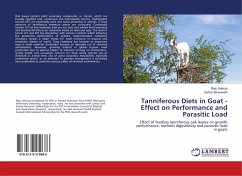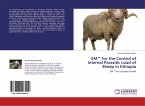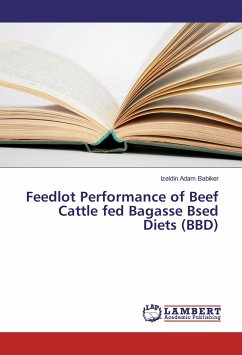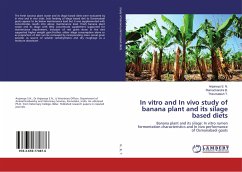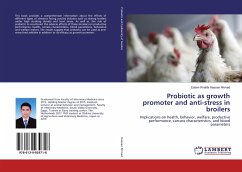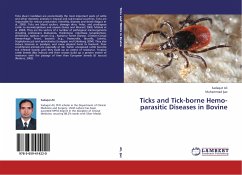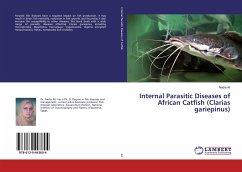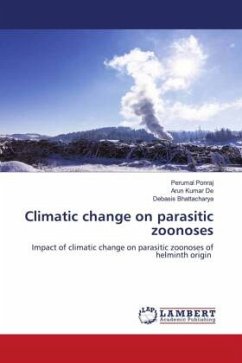Oak leaves contain plant secondary compounds i.e. tannin, which are broadly classified into, condensed and hydrolysable tannins. Hydrolysable tannins (HT) are potentially toxic and cause poisoning in animals, if large amounts of tanniferous immature plants are consumed. Condensed tannins (CT) at low-moderate level are not toxic and exhibit both beneficial and detrimental effects on ruminants based on level and type. The level of tannin (CT and HT) has interaction with various nutrients which influence the productive performance of animals. Gastrointestinal nematode infections remain a major threat for small ruminants in tropical and temperate climate of world. Drug resistance has become an important issue in small ruminant husbandry because of repeated use of chemical anthelmintics. Moreover, growing interest in global organic food production due to adverse impact of intensive farming on environment, animal health and consumers concern for food safety restricts use of chemicals in animal feed. Use of plant secondary metabolites, especially condensed tannin, as an alternate to parasite management is becoming more preferable to avoid the adverse effect of chemical anthelmintics.
Bitte wählen Sie Ihr Anliegen aus.
Rechnungen
Retourenschein anfordern
Bestellstatus
Storno

